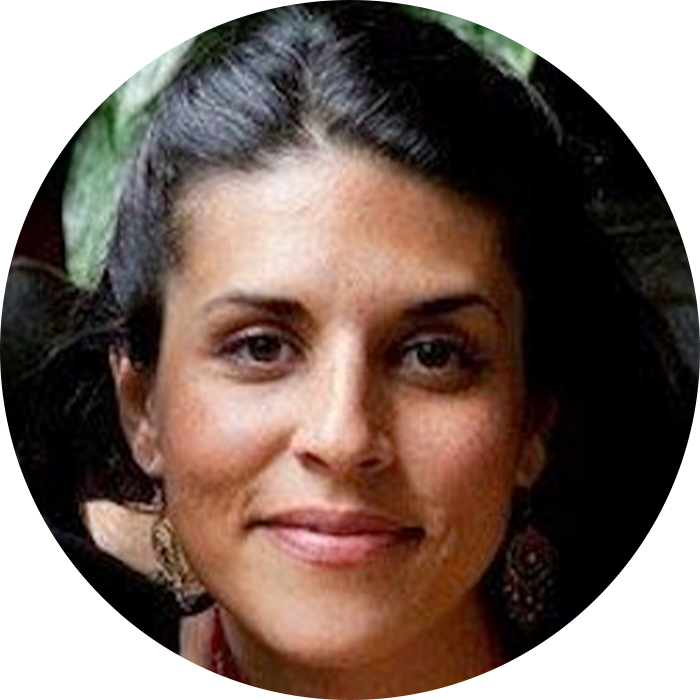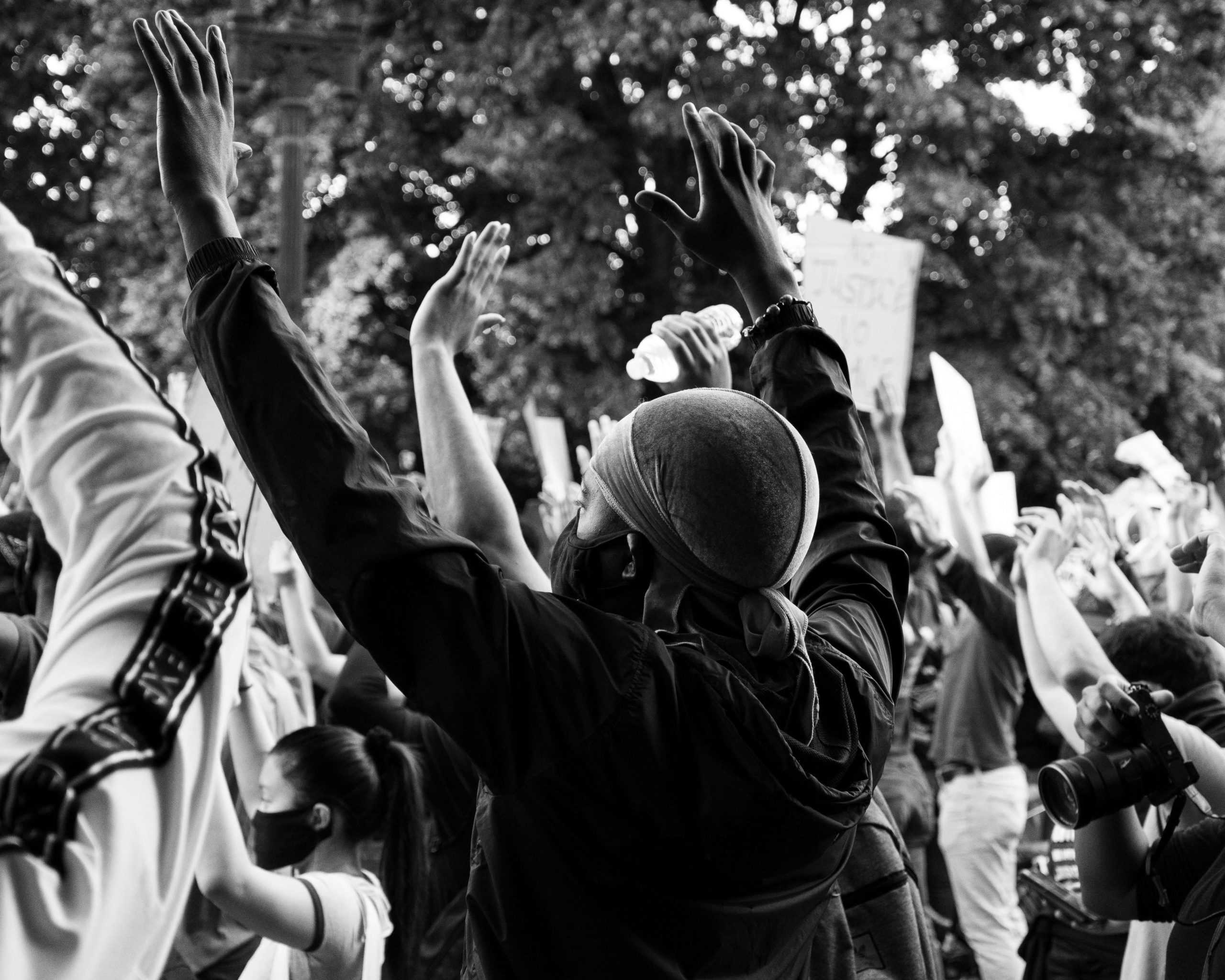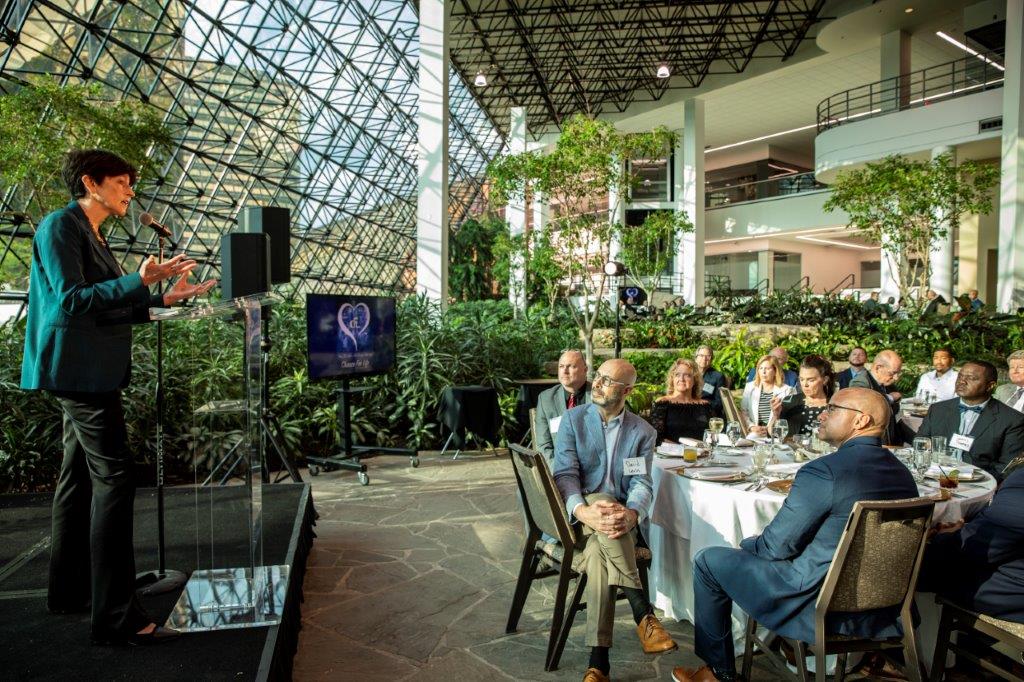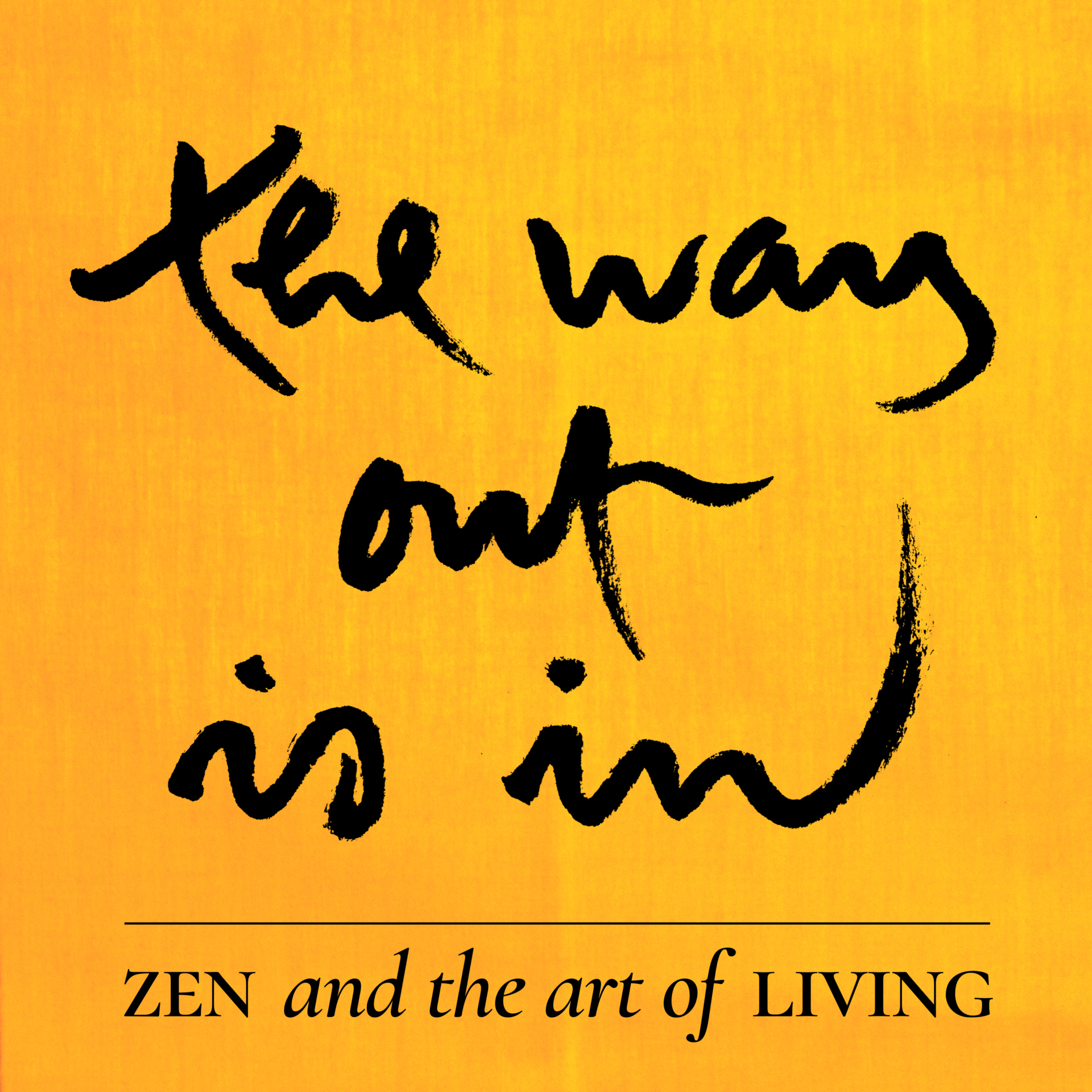Paying attention to what makes me uncomfortable

Having spent two decades working in conflict resolution, I have learned that feeling deep discomfort is a sign that I am heading in the right direction. So, while it has taken a moment to formulate my words, they have been weighed with care about how to use my rage, sadness and resolve constructively. My discomfort lies in acknowledging and owning that, despite my best intentions, I am part of the very system that I wish to change.
The words below will not assuage the guilt those of us with privilege experience. They will not offer enlightened wisdom about how to make this all ok. These words are my commitment to do more and bring others with me.
At a time when so many of us have felt intense helplessness – whether it stems from the depth of the systemic inequality before us, the fear caused by the pandemic and its economic fallout, or the crisis afflicting our planet – we are all searching for meaningful ways to make a difference.
The first question many of us ask is What can I do? – often asked with doubt and even despair…
In my years doing reconciliation work, I’ve learned that the first question we should be asking is How am I part of the system? That is how we can uncover the locus of our power and influence.
I realized recently that many of us have naively, possibly conveniently, socialized ourselves to think that racism is something that only impacts black people or people of color in America. The truth is that racism impacts all of us. As someone who most of the time passes as white, racism gives me privilege, access to opportunity, and a sense of safety for me and my family. Meanwhile, arbitrarily, for black and brown Americans, it is a suffocating reality, forming visible and invisible barriers, justifying inhumane physical and structural violence.
It is ever-present in our society – it’s in the way cities are designed, the way we learn, the way our judicial system is built, what we watch on TV, and in the way businesses are run.
Most recently, as I looked around, and took note of all the ways racism is woven into the fabric of my society, I became deeply uncomfortable – acutely aware that I inadvertently enable – and unconsciously perpetuate – systems of inequality. I’ve been reminded just how important it is to pay attention to the world…uncomfortable as it may be.
There seems little doubt that this third decade of our century will be marked by a great unravelling. It’s painful and, at times, paralyzing to witness the world as we know it coming undone. But some things need to be dismantled. Inequality and racism are fault lines upon which America has been built. If we have any hope of building our world back better, we must reset the foundation and address issues of equity and justice across all facets of our world.
Those of us with privilege need to be willing to hold the deeply uncomfortable truth that for our actions to have meaning and impact, we must pay attention to how we are part of the problem. I am part of the problem. Only then can we begin to be part of the solution.
Deconstructing racism and systemic inequality doesn’t need to be about assigning blame or finding ways to absolve ourselves of guilt. What it does mean is recognizing that our privilege and our agency are two sides of the same coin.
So, take a moment to tune into where you fit into the system. What are the uncomfortable, inconvenient truths you must face? Ask yourself: Where do I have influence? What more can I do?
“Another world is not only possible, she is on her way. On a quiet day, I can hear her breathing.”
― Arundhati Roy
You and I can and must breathe meaning into this moment with our actions, not just our words.
I do it for my children. For the generation of young people who are taking to the streets to demand a better future. And the generations before that marched for the very same issues that continue to plague our society today. I do it for George Floyd, Breonna Taylor, Ahmaud Arbery, and for the countless others whose breaths have been tragically and unjustly taken away.
Darya is a Leaders’ Quest Partner. She leads LQ’s work on community engagement and the LQ Foundation.


